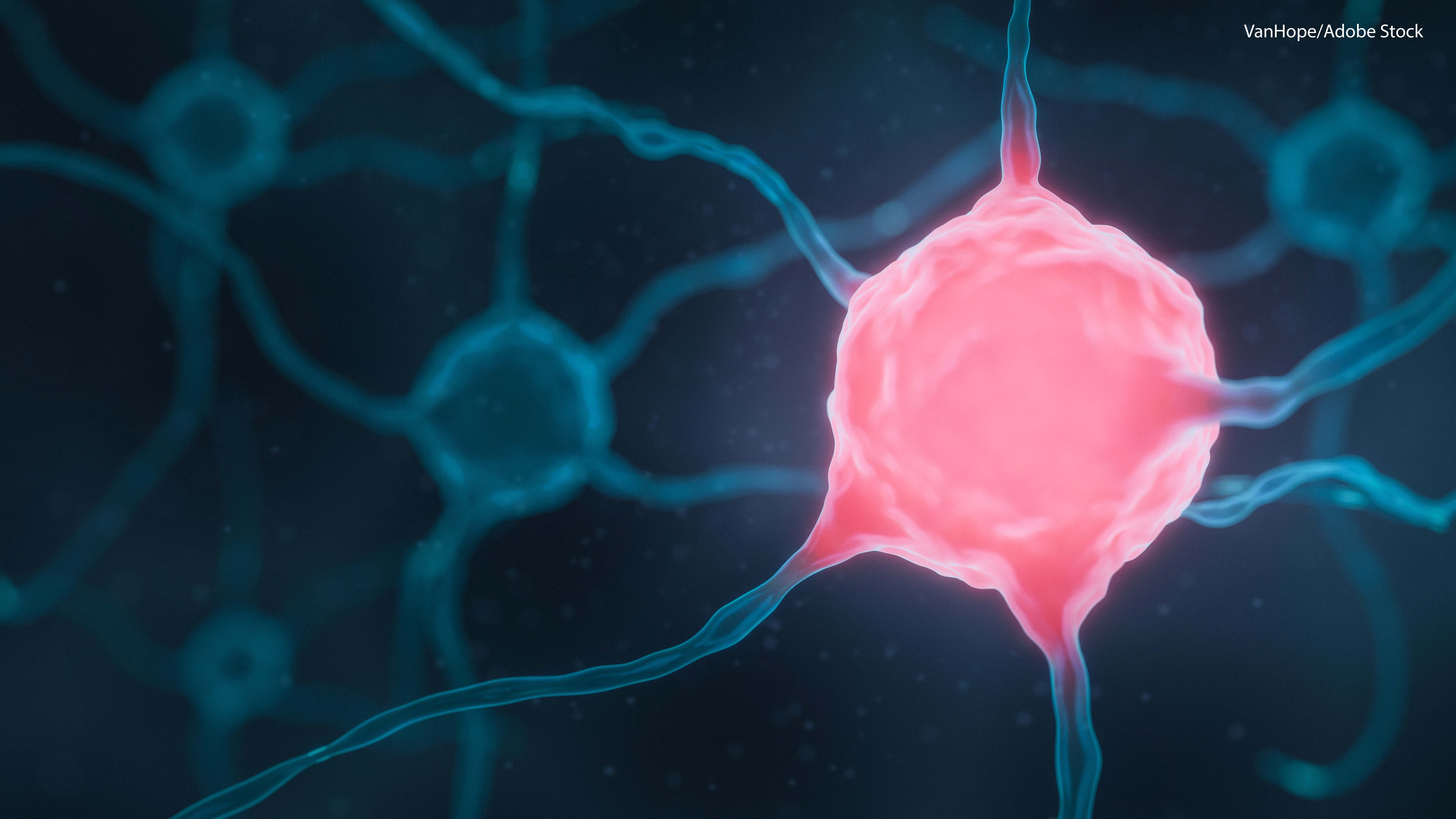Gamma Secretase Inhibitor Receives FDA ODD for Desmoid Tumors
AL102 is being assessed as part of the phase 3 RINGSIDE trial in patients with desmoid tumors.
The phase 3 portion of the RINGSIDE study (NCT04871282) will compare AL102 at a dose of 1.2 mg daily with placebo. The primary end point is progression-free survival, with key secondary endpoints including overall response rate, duration of response, and patient-reported outcomes.

The FDA has given orphan drug designation to small molecule gamma secretase inhibitor (GSI) AL102 as a treatment for patients with desmoid tumors, according to a press release from Ayala Pharmaceuticals.1
AL102 is being investigated as part of the phase 3 RINGSIDE study (NCT04871282) in those with progressing desmoid tumors. The agent was designed to selectively inhibit Notch 1/2/3/4 by preventing the final cleave step by the gamma secretase, which is needed to achieve Notch activation.
“Receiving FDA orphan drug status for AL102 underscores the significant unmet need for novel treatment options for people living with desmoid tumors. We look forward to continuing to work closely with regulators, clinical investigators, patients, and their families to advance this potentially important medicine and make it available to those who may benefit from it,” Kenneth Berlin, president and chief executive officer at Ayala, said in the press release.
Investigators previously reported data from the phase 2 portion of the RINGSIDE study in Journal of Clinical Oncology.2 Of a population of 42 patients, 30 patients remained on study as of January 2023; among the remaining patients, 10 had crossed over to open-label extension. The median time on study was 10.5 months (range, 0.8-14.7).
Within the response evaluable population, the best response by blinded independent central review was partial response, which was reported in 50.0% of patients at the 1.2 mg once daily dose (n = 6/12), 23.1% at the 4 mg twice weekly dose (n = 3/13), and 45.5% at the 2 mg twice weekly dose (n = 5/11). Robust, quick, and long-lasting responses were observed at the 1.2 mg daily dose, in particular. The disease control rate was 100% in the 1.2 mg daily dose cohort, 91% in the 4 mg twice weekly dose cohort, and 97% in the 2 mg twice weekly dose cohort.
The most frequent grade 1/2 treatment-emergent adverse effects (TEAEs) included diarrhea, nausea, fatigue, alopecia, and dry skin, which are consistent with the mechanisms of action for GSIs. Grade 3 TEAEs were observed in 26.2% of patients across all dose levels. At the time of the readout, there were no new safety signals or reports of grade 4/5 or serious TEAEs.
The phase 3 portion of the study will compare AL102 at a dose of 1.2 mg daily with placebo. The primary end point is progression-free survival, with key secondary endpoints including overall response rate, duration of response, and patient-reported outcomes.
To be included in part B of the study, patients needed to be 12 years or older and 40 kg or more at the time of the informed consent form signing. Additional inclusion criteria included having a histologically confirmed desmoid tumor via local pathologist following 20% or more progression via RECIST v1.1 criteria. Evidence of measurable disease via CT/MRI scan was also required.
Those with a diagnosis of a malignancy in the last 2 years; recent or current gastrointestinal disease or disorders that increase diarrhea risk; or proof of uncontrolled, active infection requiring systemic anti-bacterial, antiviral, or antifungal therapy 7 days or less prior to signing were not eligible for enrollment.
References
- Ayala Pharmaceuticals announces AL102 receives orphan drug designation for desmoid tumors. News release. Ayala Pharmaceuticals. November 6, 2023. Accessed November 7, 2023. https://bit.ly/465EMpF
- Gounder MM, Jones RL, Chugh R, et al. RINGSIDE phase 2/3 trial of AL102 for treatment of desmoid tumors (DT): phase 2 results. J Clin Oncol. 2023;41(suppl 16):11515 doi:10.1200/JCO.2023.41.16_suppl.11515